Topic: how to connect to SOGo sieve service from outside ?
==== REQUIRED BASIC INFO OF YOUR IREDMAIL SERVER ====
- iRedMail version (check /etc/iredmail-release): 1.0
- Deployed with iRedMail offline
- Linux/BSD distribution name and version: Debian 10
- Store mail accounts in which backend (LDAP/MySQL/PGSQL): LDAP -> Active Directory
- Web server: Nginx
- Manage mail accounts with iRedAdmin-Pro? NONE
====
Since it uses storage in the database, a direct connection to dovecot does not solve the problem of importing rules
because the next time you log in to the web interface, the file will be updated from the database
the question
is how to connect to the service SOGo sieve?
I use a Thunderbird 60.9.1 and a plugin Sieve 0.3.1
direct connection with dovecot port 2000 - OK
I expect a connection with SoGo port 4190
[12:34:22.550 ] Channel Added: cid=0 [cid=0]
[12:34:22.550 ] Connecting to mail.domain.local:4190 ...
[12:34:22.550 ] Using Proxy: Direct
[12:34:22.552 ] Server -> Client
[12:34:23.563 ] Connected to mail.domain.local:4190 ...
[12:34:23.563 ] Stop request received ...
[12:34:23.563 ] Disconnecting mail.domain.local:4190...
[12:34:23.563 ] Disconnected ...
[12:34:23.563 ] On Server Disconnect: [cid=0]
[12:34:23.563 ] Invoking Listeners for onDisconnect
[12:34:23.564 ] Channel Closed: cid=0 []
[12:34:23.564 ] No Listener for onChannelClosed
[12:34:23.564 ] Disconnecting mail.domain.local:4190...nftables.conf add rule
# sieve
tcp dport 2000 accept
tcp dport 4190 acceptdovecot.conf
service managesieve-login {
inet_listener sieve {
# Listen on localhost (ipv4)
#address = 127.0.0.1
port = 2000
}sogo.conf
// SOGoSieveServer = "sieve://127.0.0.1:4190/?tls=YES";
SOGoSieveServer = "sieve://mail.domain.local:2000/?tls=YES"; // WORK ON WEB SOGo
SOGoSieveScriptsEnabled = YES;
SOGoVacationEnabled = YES;
SOGoForwardEnabled = YES;
SOGoSieveFolderEncoding = UTF-8;
***
more
***
// Authentication using Active Directory
SOGoUserSources = (
{
// Used for user authentication
type = ldap;
id = directory;
canAuthenticate = YES;
isAddressBook = NO;
displayName = "Active Directory";
// SieveHostFieldName = "sieve://mail.domain.local:2000/?tls=YES"; //NOT WORK
// SieveHostFieldName = "sieve://mail.domain.local:2000"; //NOT WORK
// SieveHostFieldName = "sieve://mail.domain.local:4190"; //NOT WORK
SieveHostFieldName = "sieve://mail.domain.local:4190/?tls=YES"; //NOT WORK
hostname = "ldap://dc2.domain.local";
port = 389;
baseDN = "DC=domain,DC=local";
bindDN = "CN=iredmail,DC=domain,DC=local";
bindFields = (sAMAccountName, userPrincipalName);
bindPassword = "P@S$W0RD";
filter = "( ((mail=\'*@*\') AND (sn=\'*\') AND (objectCategory=person) AND (objectClass=user) AND ( NOT (userAccountControl:1.2.840.113556.1.4.803:=2)))
OR ((mail=\'*@*\') AND (objectCategory=group) AND (objectClass=group))
OR ((mail=\'*@*\') AND (objectCategory=person) AND (objectClass=contact)))";
scope = SUB;
// always keep binding to the LDAP server using the DN of the
// currently authenticated user. bindDN and bindPassword are still
// required to find DN of the user.
bindAsCurrentUser = YES;
// The algorithm used for password encryption when changing
// passwords without Password Policies enabled.
// Possible values are: plain, crypt, md5-crypt, ssha, ssha512.
userPasswordAlgorithm = plain;
CNFieldName = cn;
IDFieldName = cn;
// value of UIDFieldName must be unique on entire server
UIDFieldName = userPrincipalName;
}maybe you know a way?
thanks
----
Spider Email Archiver: On-Premises, lightweight email archiving software developed by iRedMail team. Supports Amazon S3 compatible storage and custom branding.
